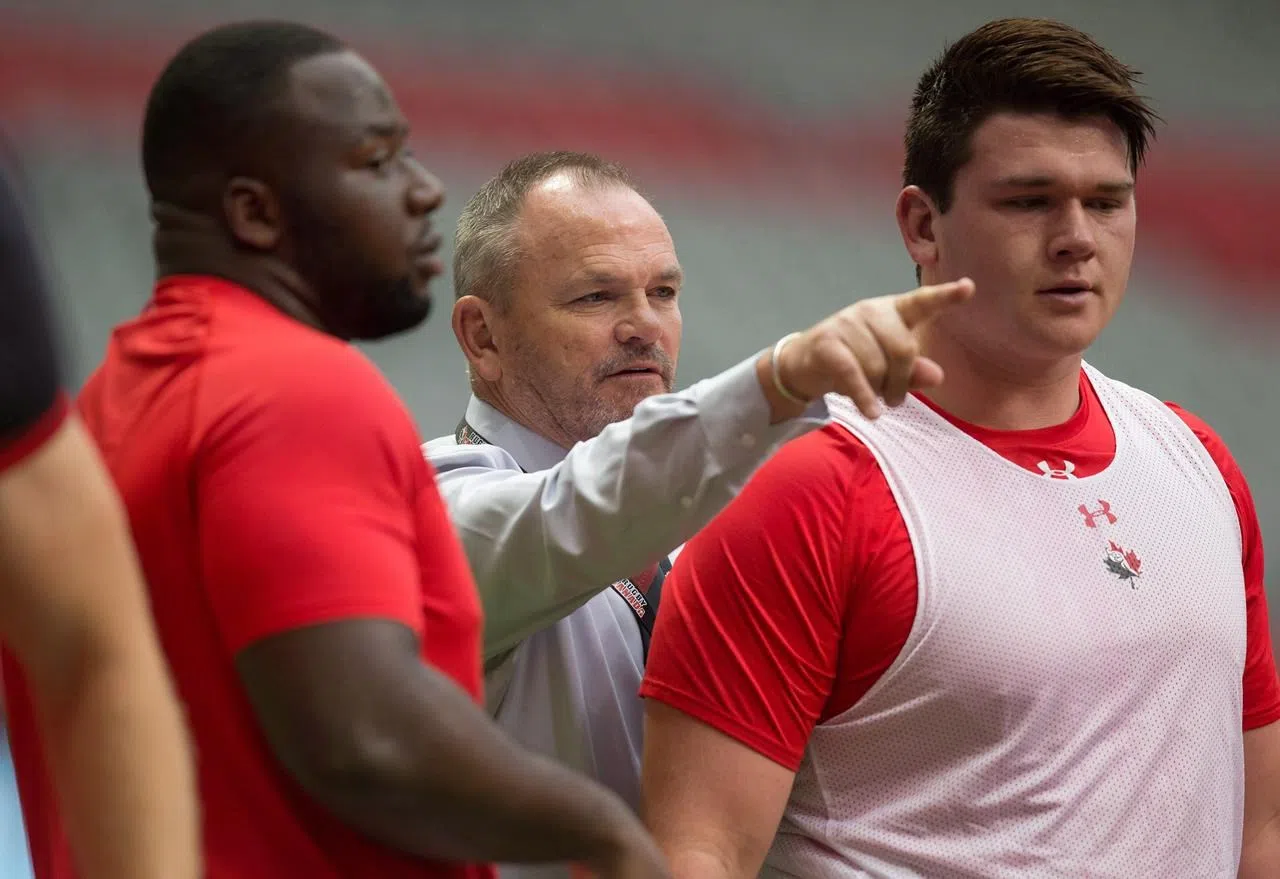
Canada faces challenging road en route to 2019 Rugby World Cup in Japan
Wednesday’s Rugby World Cup draw in Japan will show Canada coach Mark Anscombe his ultimate destination.
But obstacles remain on Canada’s journey to the 2019 tournament, starting with the 17th-ranked U.S. Eagles in a June home-and-away aggregate qualifying series.
Should the 22nd-ranked Canadian men fail against the U.S., they will have two more chances at making the 20-team World Cup field out of the Americas. There is a home-and-away series against a top South American team like No. 21 Uruguay (No. 9 Argentina has already qualified) with the winner advancing.
The loser of that playoff can still qualify via a world repechage tournament.


